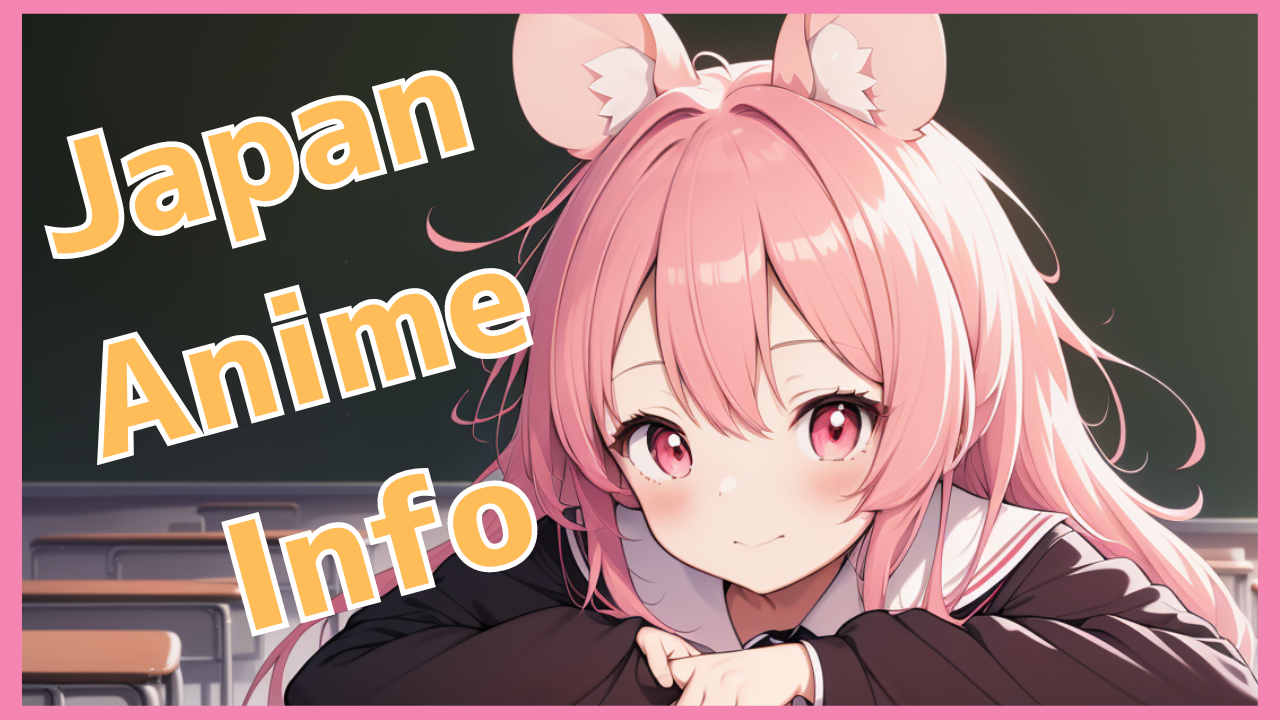“Chi. –About the Movement of the Earth– (hereafter “Chi.”)” is a work with an unusual structure in that it does not have a specific protagonist, but rather the central character changes according to the era.
However, the antagonists facing these characters remain the same. The antagonist of this work is the inquisitor Novak, who has always been in the forefront of the story. He pursues people who study the heliocentric theory in an era dominated by the geocentric theory, and he is desperate to protect the norms of the C Church, sometimes using brutal torture.
Although he is a man who does terrible and cruel things, in reality he is a very good father and a serious worker. When I think about why such an antagonist is set in this film, Novak seems to be a very important character who can be said to carry the “underlying theme” of this film. I would like to consider the meaning of such a mediocre and cruel person being set as the antagonist.
The first protagonist of “Chi” is 12-year-old Rafal. This child prodigy was planning to go to university at that age and major in theology, but one day he met Hubert, who was researching the heliocentric theory, and began to pursue the truth of the world, but was later captured by Novak.
In prison, Rafal says to Novak:
“The enemy is formidable. You are not dealing with me. You are not dealing with heretics. It is a certain kind of imagination, curiosity, deviation, otherness, outside… after all, it is intelligence.”
Yes. The real protagonists of this story are not people, but curiosity and intelligence, which, in Rafał’s words, “grow like an epidemic” and “cannot be tamed by institutions.” That’s why it makes sense that the characters change.
On the other hand, Novak explains the reason he is an inquisitor: He has a four-year-old daughter whom he loves dearly. And he doesn’t want her to suffer. That’s why he “cannot turn a blind eye to research that disturbs the peace of this world.”
Another word he uses is “anxiety.” Novak says he would “do whatever it takes” to remove the fear that the peace of the world his daughter lives in might be disturbed. In other words, Novak wants current values to stay the same.
True to his words, “I’ll do anything,” he continues to inflict extremely cruel torture. The heretics are those who disturb the peaceful world in which his daughter lives, and he continues to do so “seriously.”
Even though the times change and the protagonist keeps changing, his principle of action remains the same. He hunts down heretics and tortures them to make them confess. Novak’s consistent attitude is that the teachings of C religion are correct and should not be doubted. He may be a man of deep faith and an exemplary religious person. Instead, he does not doubt that the object of his faith may be wrong.
To put it simply, the character Novak does not accept the possibility that he may be wrong. In contrast, the protagonists of this story do. Rafał is interested in astronomy rather than theology, and the second protagonist, Okji, was originally an uneducated person, but began to have doubts about the geocentric theory preached by the C Church. The people who followed in their footsteps all have a moment where they change their minds.
The protagonist is someone who can admit their mistakes, while the villain is someone who can’t admit their mistakes or doesn’t even consider the possibility of making mistakes. “Chi.” depicts this kind of conflict.
Curiosity and intelligence cannot be stopped. Nor can the desire for freedom be stopped. Even after death, someone else will carry on their will. In contrast, anxious people continue to cling to the old, unchanging things. This is why Novak always appears as the villain, symbolizing “people who never change,” and the protagonist keeps changing to symbolize people who are not afraid of change. The story structure itself, with a rotating protagonist and a fixed villain, is directly connected to the theme of the work.
Novak is not driven by a sense of mission to protect the entire C Church. He is a “good” father who just wants to protect his daughter and family. However, his pure love for his family has led him to be unable to overlook even the smallest anxiety, which has led him to hunt down heretics. It’s not that he doesn’t feel anything about torture, but he has simply become numb and accustomed to it after torturing so many people.
In that sense, he is a very ordinary man. He is just an ordinary doting father. The film’s sharpness is in its depiction of an ordinary man committing brutal acts. Anxiety drives people to do anything.
We tend to think that cruel people are cruel from the start, but that’s not the case. Most cruel people are surprisingly normal. That’s a stereotype, and cruel people act because they have something they want to protect. However, demonizing and discarding humans is just being bound by existing common sense. That is essentially the same as Novak, who labelled people who study the heliocentric theory as devils.
I think how deeply we can look into the theme of this film depends on how we understand the man Novak. People who do cruel things are not necessarily bad people. Novak is a character who teaches us the importance of looking at the complexity and exploring the depths of human existence.


コメント